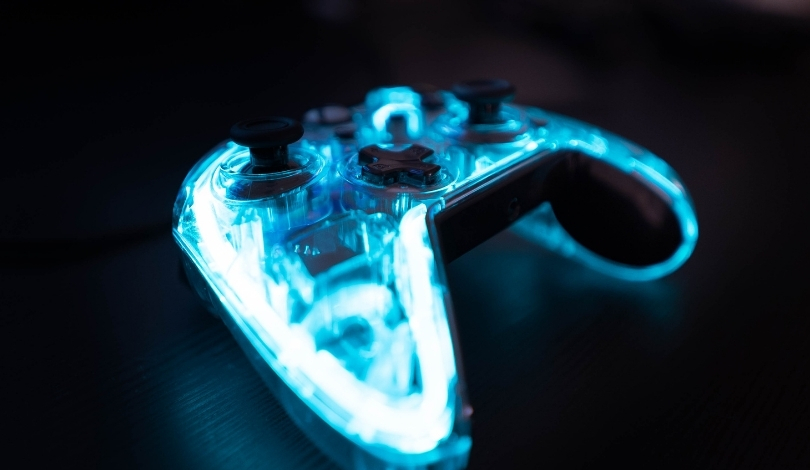Ubisoft has moved forward with its delayed H1 FY26 financial report, laying to rest speculation surrounding its financial health and acquisition rumors. The delayed disclosure, attributed to onboarding new auditors, redirected attention to the company’s ongoing efforts in artificial intelligence (AI) and game development. Many in the gaming community have questioned how these advanced technologies will directly benefit players and studios, showing that curiosity around the practical outcomes remains high. Ubisoft’s emphasis on AI is shaping its outlook for both production and player experience, suggesting the company sees lasting value in these tech-driven strategies.
Focus on AI in gaming has been part of Ubisoft’s public communications for over a year, with previous announcements about the “neo-NPCs” technology capturing early interest. In earlier news cycles, Ubisoft highlighted unique, AI-driven interactions as a selling point but received reserved responses from industry observers wary of overhyped technology promises. Sentiment among investors and developers remains cautious, particularly as broader conversations about an AI “bubble” grow louder across the tech sector. While global AI investment continues at high levels, skepticism about immediate transformative effects is increasingly common in industry discussions.
How Is Ubisoft Adopting AI in Game Development?
Ubisoft CEO Yves Guillemot stated that generative AI applications are now being integrated into both player-facing features and internal development processes. The company’s previously announced “neo-NPCs” aim to make in-game dialogues unique and responsive, with the goal of delivering personalized experiences.
“On the player experience side, we are continuing to make progress on groundbreaking, player-facing, generative-AI applications, building on our ‘neo-NPC’ announcement in 2024. We’ve already advanced from prototyping to player reality, and we are looking forward to sharing more before the end of the year,”
Guillemot said, indicating further details about the rollout may be disclosed soon.
What Impact Does AI Have on Ubisoft Studios and Developers?
According to Guillemot, the adoption of AI tools has extended to teams across Ubisoft’s studios and offices. These teams are applying new technologies in various areas, from programming to art and overall game quality.
“On the production side, we now have teams in all our studios and offices embracing these new technologies, and constantly exploring new use cases in programming, art, and overall game quality,”
he added, hinting at widespread internal adoption but stopping short of detailed performance metrics or timelines for major releases.
Are Investor Attitudes Towards AI and Ubisoft Changing?
Investor reactions to Ubisoft’s AI initiatives remain mixed. With global AI investments reaching record numbers, industry leaders often face pressure to present artificial intelligence as a core growth driver, regardless of immediate results. Some investors and analysts have noted a growing sense of caution, especially with recent references to possible overvaluation in the AI sector elsewhere. Ubisoft’s statements fit within an industry-wide trend of tech executives promoting AI while managing shareholder expectations.
Current developments at Ubisoft illustrate a broader pattern in which major gaming companies promote AI-driven enhancements as they search for new competitive advantages. Practical benefits for players are difficult to gauge until promised features such as advanced “neo-NPCs” are more widely implemented. While previous communications from Ubisoft have focused mainly on the potential of AI, the company’s latest report puts more emphasis on its commitment to operationalizing these innovations across its development teams. Readers interested in the intersection of AI and gaming may benefit from observing how Ubisoft’s integration strategies—particularly around player experience and developer workflow—evolve during the next few release cycles. Those seeking direct, in-game improvements may need to be patient as industry-wide experimentation progresses.










